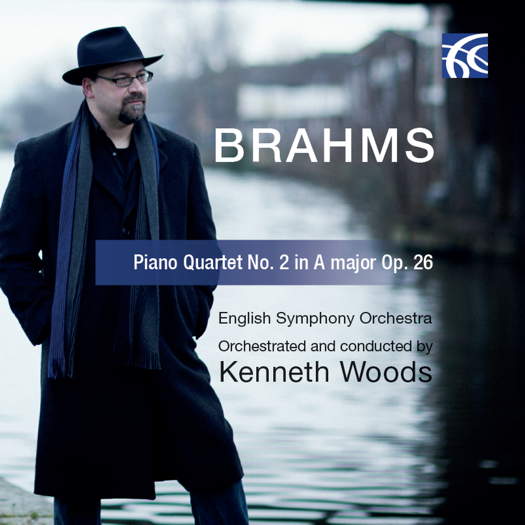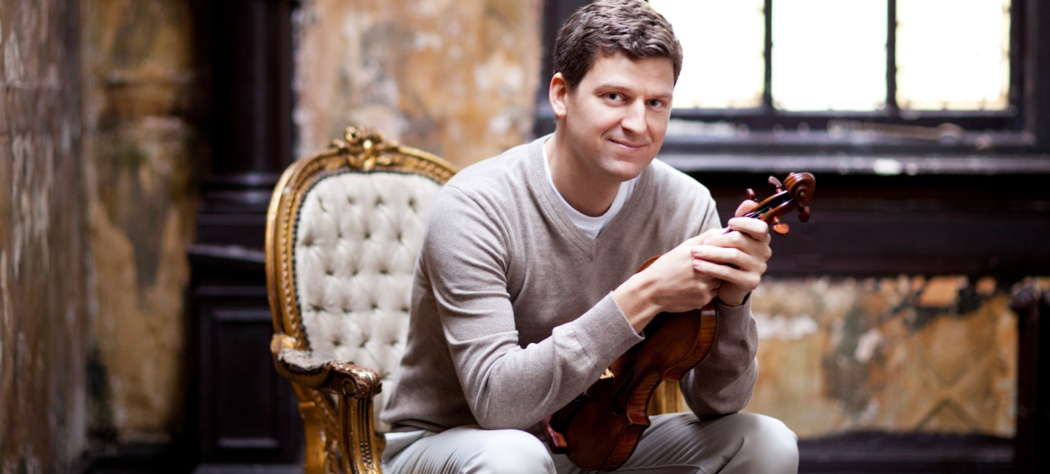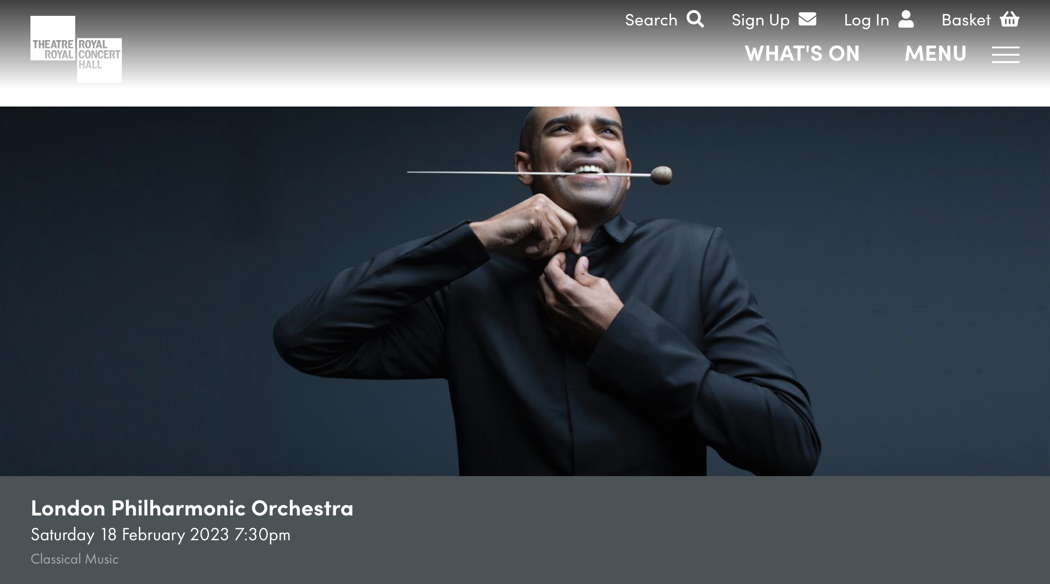 SPONSORED: CD Spotlight. A Very Joyous Disc - Brahms arranged by Kenneth Woods impresses Alice McVeigh.
SPONSORED: CD Spotlight. A Very Joyous Disc - Brahms arranged by Kenneth Woods impresses Alice McVeigh.
All sponsored features >>
 DISCUSSION: What is a work? John Dante Prevedini leads a discussion about The performing artist as co-creator, including contributions from Halida Dinova, Yekaterina Lebedeva, Béla Hartmann, David Arditti and Stephen Francis Vasta.
DISCUSSION: What is a work? John Dante Prevedini leads a discussion about The performing artist as co-creator, including contributions from Halida Dinova, Yekaterina Lebedeva, Béla Hartmann, David Arditti and Stephen Francis Vasta.
 FEEDBACK: She said WHAT? Read what people think about our Classical Music Daily features, and have your say!
FEEDBACK: She said WHAT? Read what people think about our Classical Music Daily features, and have your say!
Thoroughly Collegial
MIKE WHEELER listens to Missy Mazzolli, Brahms and Beethoven from James Ehnes and the London Philharmonic Orchestra conducted by Kevin John Edusei
The music of the spheres, the motion of celestial bodies generating a kind of harmony, is a concept dating back at least as far as Pythagoras. New York composer Missy Mazzoli offers her take on the idea in Sinfonia (For Orbiting Spheres). The London Philharmonic Orchestra conducted by Kevin John Edusei - Royal Concert Hall, Nottingham, UK, 18 February 2023 - gave the long string lines space to uncoil, adding splashes of percussion, and the intriguing effect resulting from Mazzoli asking some of the wind and brass players to double on harmonica, adding a gentle wash of reed tone to the overall sound-picture. The quicker middle section was given an attractive lilt. It's that kind of piece that could easily outstay its welcome, but Mazzoli clearly knows when a point has been sufficiently made. It made a piquant introduction to a programme otherwise comprising two mainstream Austro-German classics.
James Ehnes was the soloist in Brahms's Violin Concerto. Never mind Bronislaw Huberman's fatuous comment about it being a concerto for the violin against the orchestra, 'and the violin wins!'. Ehnes and the LPO gave a thoroughly collegial performance, with a good flowing tempo, and airy sound. Following his vigorous first entry, Ehenes balanced the lyrical and the muscular, moments of inward communing and flashes of temperament. The easing of tension after his cadenza was a radiant moment.

James Ehnes. Photo © 2012 Benjamin Ealovega
I don't remember previously hearing the start of the second movement as coming so clearly from the world of the Viennese wind serenade, topped as it was by the artful simplicity of Rainer Gibbons' oboe solo. It was all of a piece with Ehenes's musings. After the serenade, the finale started like an addition to Brahms's Hungarian Dances. Soloist and orchestra kicked up their heels vigorously, relaxing into the triple-time section with no loss of momentum.

Online publicity for the LPO's concert in Nottingham, featuring Kevin John Edusei
The first movement of Beethoven's Pastoral Symphony was brisk without feeling rushed. There was some loss of surface detail, but this was balanced by a real sense of the happiness referred to in Beethoven's heading for the movement. Reduced string vibrato helped create the LPO's transparent sound. The second movement's stream moved along in a kind of active tranquillity, with a playful clarinet solo from Benjamin Mellefont. The collective bird-cadenza near the end brought together Juliette Bausor's unhurried nightingale with Rainer Gibbons and Benjamin Mellefont's pert quail and cuckoo. The peasants' knees-up in the third movement was aptly boisterous, with the trio section even more vigorous the second time round. The storm's approach was one of many passages to benefit from the violins being divided left and right on the platform. I'm still wondering why more orchestras don't do this; it makes such a difference to the clarity of the sound. The storm itself arrived with a fortissimo to make you jump out of your seat. As we moved into the finale, the solos from the oboe and horn - Annemarie Federle - sounded genuinely rustic, and there was a real sense of joy in the shepherds' hymn. The introspective moment near the end, with delectable muted horn tone, added to the satisfying sense of arrival at the final cadence.
Copyright © 2 March 2023
Mike Wheeler,
Derby UK



